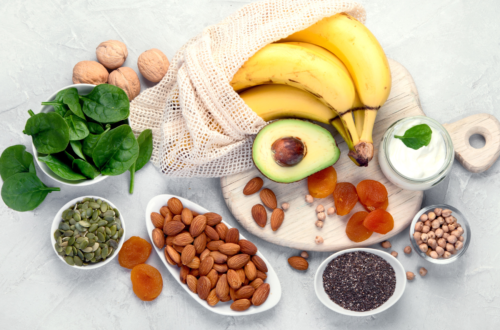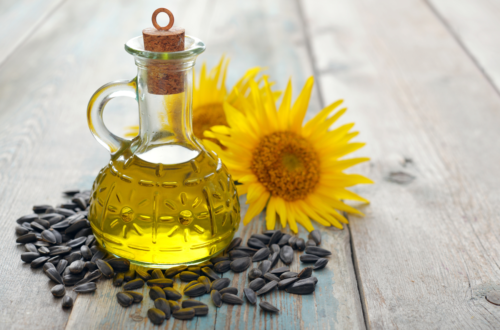
3 Foods to Eat Less of as You Age
As we age, our nutritional needs and metabolism change. Making mindful adjustments to our diet can help us maintain good health, prevent chronic diseases, and improve overall quality of life. Here are three foods you should consider reducing as you get older.
Alcohol
As we age, our body’s ability to process alcohol can change dramatically. Liver function declines, leading to slower metabolism of alcohol, which means alcohol stays in the system longer and has more pronounced and prolonged effects. Additionally, decreased production of enzymes involved in alcohol metabolism (such as ADH and ALDH) puts older adults at higher risk of alcohol-related toxicity. Many medications commonly used by older adults are also contraindicated with alcohol consumption.
What to do:
- Opt for non-alcoholic (N/A) spritzers or low-ABV (alcohol by volume) beverages as healthier alternatives. These options allow you to enjoy social occasions without the risks associated with alcohol consumption as you age.
- Even cutting back on the frequency can significantly reduce your risks.
Caffeine
As we age, our sensitivity to caffeine often increases, making it wise to moderate our intake. Caffeine is a stimulant that can disrupt sleep patterns, leading to difficulty falling asleep and staying asleep. As we age, quality sleep becomes even more crucial for overall health and well-being.
Caffeine can increase heart rate and cause feelings of anxiety or jitteriness, which can be more pronounced in older adults. Reducing caffeine can help maintain a calm and steady mood.
High caffeine intake has been linked to decreased calcium absorption, which can contribute to bone density loss over time. This is particularly concerning for older adults at risk for osteoporosis.
What to do:
- Gradually decrease your caffeine intake to avoid withdrawal symptoms.
- Opt for beverages with lower caffeine content, such as green tea or half-caff coffee.
- Switch to decaffeinated coffee or tea, especially in the afternoon and evening.
- Try herbal teas like chamomile or peppermint, which can be soothing and caffeine-free.
- Consider drinking fortified plant-based milks or consuming dairy products alongside your coffee or tea.
Processed Meats & Sugars
Processed meats such as bacon, sausages, and deli meats often contain high levels of sodium, saturated fats, and preservatives. These can contribute to high blood pressure, heart disease, and certain cancers, particularly colorectal cancer.
Refined carbohydrates, found in white bread, pastries, and many processed snacks, can cause spikes in blood sugar levels and provide little nutritional value. They can contribute to weight gain, type 2 diabetes, and cardiovascular issues.
What to do:
- Choose lean cuts of meat and cook them at home to control the ingredients and cooking methods.
- Incorporate more plant-based proteins like beans, lentils, tofu, and nuts into your diet.
- Replace refined carbs with whole grains like oats, quinoa, brown rice, and whole-wheat products.
- Snack on whole fruits, nuts, and seeds instead of sugary and starchy snacks.
Key Takeaways
Making conscious choices about your diet is essential as you age. Reducing alcohol, caffeine, and processed meat and sugars can significantly impact your health positively. By opting for healthier alternatives, you can maintain better energy levels, manage weight, and reduce the risk of chronic diseases.
- Facts about aging and alcohol. National Institute on Aging. July 19, 2022. Accessed October 25, 2024. https://www.nia.nih.gov/health/alcohol-misuse-or-alcohol-use-disorder/facts-about-aging-and-alcohol
- Mazeaud S, Castellana F, Coelho-Junior HJ, et al. Coffee drinking and adverse physical outcomes in the aging adult population: a systematic review. Metabolites. 2022;12(7):654. doi:10.3390/metabo12070654
- Chen J, Xu W, Dan L, et al. Associations between meat consumption and all-cause and cause-specific mortality in middle-aged and older adults with frailty. The Journal of nutrition, health and aging. 2024;28(4):100191. doi:10.1016/j.jnha.2024.100191


You May Also Like

Macronutrients and Aging
May 21, 2024
Seed Oils Uncovered: Are the Risks Greater Than the Benefits?
November 5, 2024
